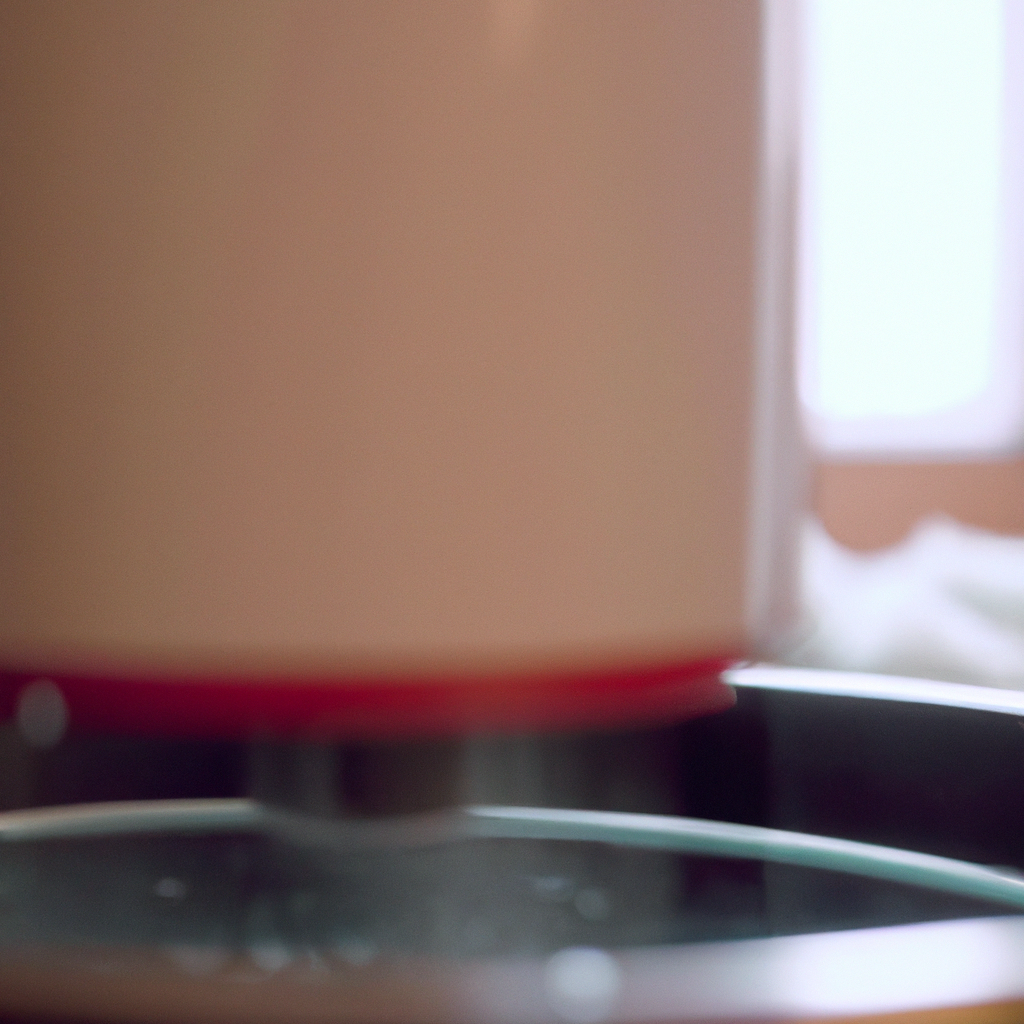Water heaters are essential appliances in our homes, as they provide us with hot water for our daily needs such as showering, washing clothes, and dishes. But have you ever wondered how a water heater heats water? In this article, we will explore the different types of water heaters and their heating mechanisms, as well as factors that make them energy-efficient.
Types of Water Heaters
There are three main types of water heaters: tankless, electric, and gas. The heating mechanism of each type varies, but they all work towards heating water to a desired temperature.
1. Tankless Water Heater
A tankless water heater heats water on demand, without the need for a storage tank. When you turn on the hot water tap, cold water flows through a pipe into the unit, where a heating element (gas-fired or electric) heats the water as it passes through. As a result, you get hot water instantly, without having to wait for a tank to fill up.
2. Electric Water Heater
An electric water heater has a heating element that is placed inside the tank, which heats the water. When you turn on the hot water tap, the hot water flows out of the top of the tank, while cold water enters the bottom to replace it. The electric heating element cycles on and off to maintain the desired temperature of the water.
3. Gas Water Heater
A gas water heater works similarly to an electric water heater, but instead of a heating element, it has a gas burner at the bottom of the tank. When you turn on the hot water tap, the gas burner ignites, heating the water in the tank. A thermostat on the tank controls when the burner turns on and off, maintaining the desired temperature of the water.
Factors That Make Water Heaters Energy Efficient
Water heaters can consume a lot of energy, which can result in high energy bills. However, there are ways to make them more energy-efficient, which will reduce your energy consumption and save you money.
1. Heating Element
The heating element of a water heater plays a significant role in its energy efficiency. A high-quality heating element will heat water more efficiently, resulting in less energy consumption. It is important to choose a water heater with a heating element that is energy-efficient and durable.
2. Thermostat
The thermostat on a water heater controls the temperature of the water, and it is important to set it at the right temperature. Setting the thermostat too high will result in higher energy consumption, while setting it too low may not provide enough hot water. It is recommended to set the thermostat at 120 degrees Fahrenheit, which is the optimal temperature for most households.
3. Plumbing
The plumbing system in your home can also impact the energy efficiency of your water heater. If your hot water pipes are not insulated, they can lose heat as the water flows through them, resulting in higher energy consumption. Insulating your hot water pipes will reduce heat loss, making your water heater more energy-efficient.
Conclusion
In summary, water heaters are essential appliances in our homes, providing us with hot water for our daily needs. The heating mechanism of each type of water heater varies, but they all work towards heating water to a desired temperature. To make your water heater more energy-efficient, it is important to choose a high-quality heating element, set the thermostat at the optimal temperature, and insulate your hot water pipes. By implementing these measures, you can reduce your energy consumption and save money on your energy bills.







